Introduction & Analysis
This collection of open-source English-language news articles published over the past week highlights significant events and issues concerning Myanmar. They present a snapshot of the country's safety and security landscape.
The Myanmar junta is escalating its conflict against the people through intensified airstrikes and forced conscription, while simultaneously engaging in deceptive "peace forums" and restricting citizens' ability to work abroad to avoid military service.
The regime continues to receive military and political support from Belarus, Russia, and especially China, which is also leveraging its influence to pressure resistance groups, complicating the conflict and undermining external diplomatic efforts like those by ASEAN.
The ongoing conflict has severely impacted Myanmar's humanitarian situation, leading to a crumbling healthcare system, a polio outbreak, and dire conditions for political prisoners, while also fueling forced recruitment by some resistance groups and illicit activities like drug trafficking and human scamming.
Economically, the junta faces a crippling foreign currency shortage, leading to blacklisting of companies, while critical rare earth element extraction has become a fierce competition among armed groups and the junta, with China playing a central role in this resource allocation.
ASEAN
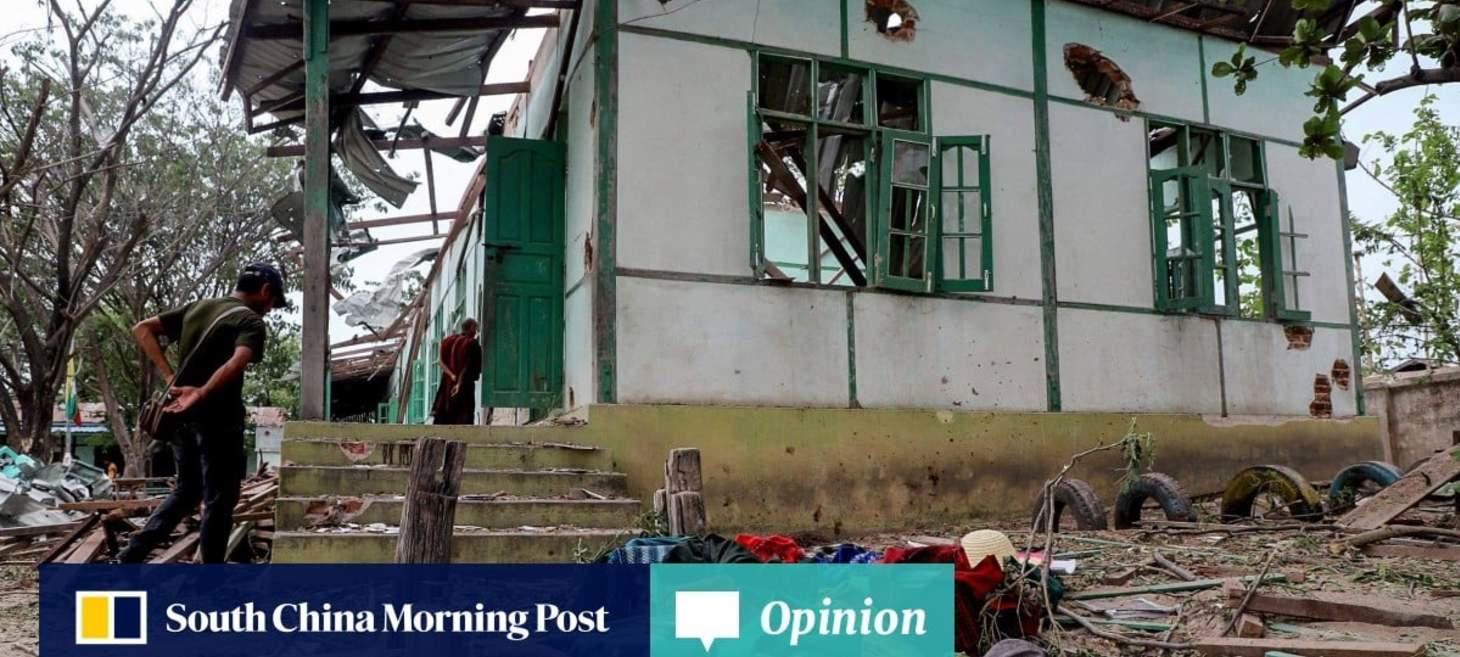
Opinion | Myanmar crisis demands Asean rethink on regional diplomacy
Since the 2021 military coup, Myanmar has been embroiled in a deepening political and humanitarian crisis, leading to over 20,000 political prisoners, millions displaced, and widespread oppression, which has become a crucial test for regional credibility. ASEAN's 2021 five-point consensus has proven to be a hollow instrument due to a lack of enforcement and political will, compounded by internal divisions among member states and the bloc's rotating chairmanship undermining continuity. To address this paralysis, ASEAN is urged to adopt transformative, people-centred approaches and exhibit bold, principled leadership, as exemplified by Malaysia's informal engagement with Myanmar's National Unity Government (NUG).
Conflict
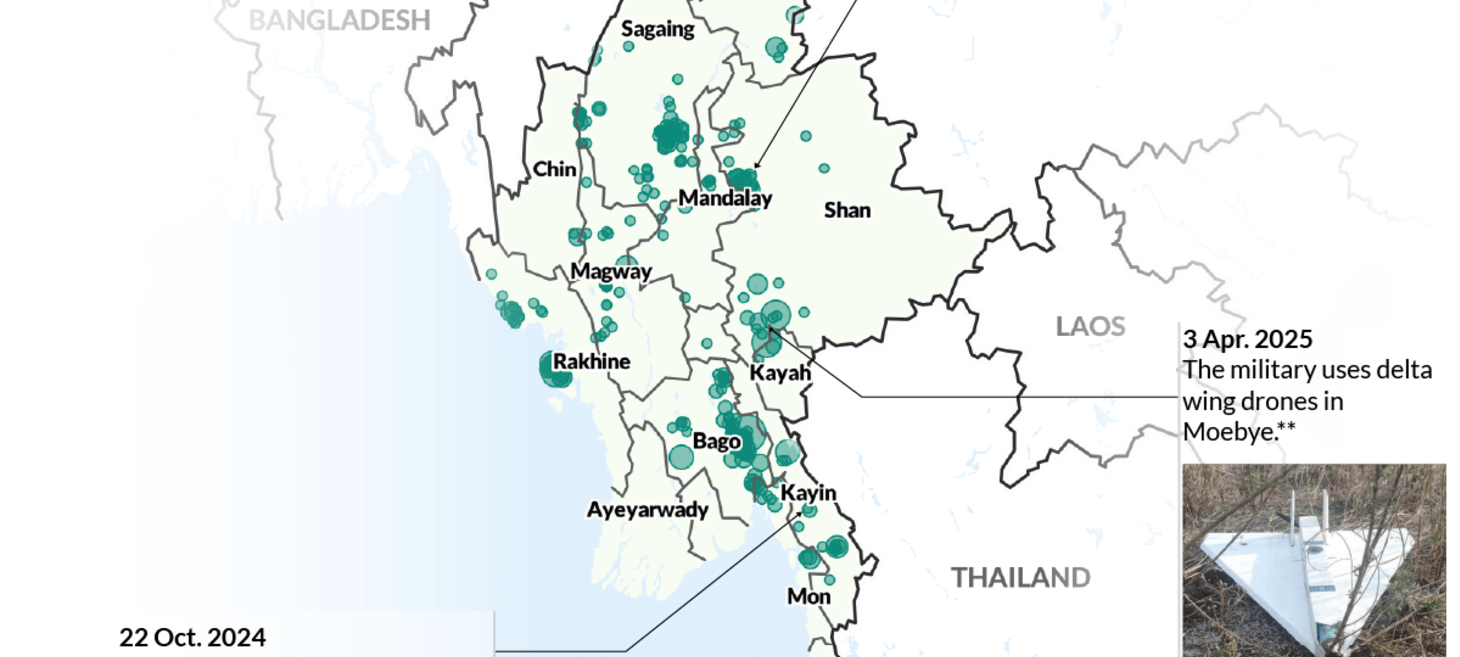
The war from the sky: How drone warfare is shaping the conflict in Myanmar
Drones have become a ubiquitous and crucial element in Myanmar's conflict, forming the resistance groups' "air force" and significantly reshaping battlefield strategy since the 2021 coup. Initially, resistance groups gained an offensive edge by adapting commercial drones for combat, which prompted the military to develop its own program, mirroring resistance innovations and acquiring advanced foreign technology from allies like China and Russia. However, the military is rapidly closing the drone warfare gap by deploying advanced jamming devices and disrupting resistance supply chains, leading to increased costs and caution for resistance groups, and potentially giving the military a clear advantage in 2025 despite not decisively shifting the overall balance of power on the ground.
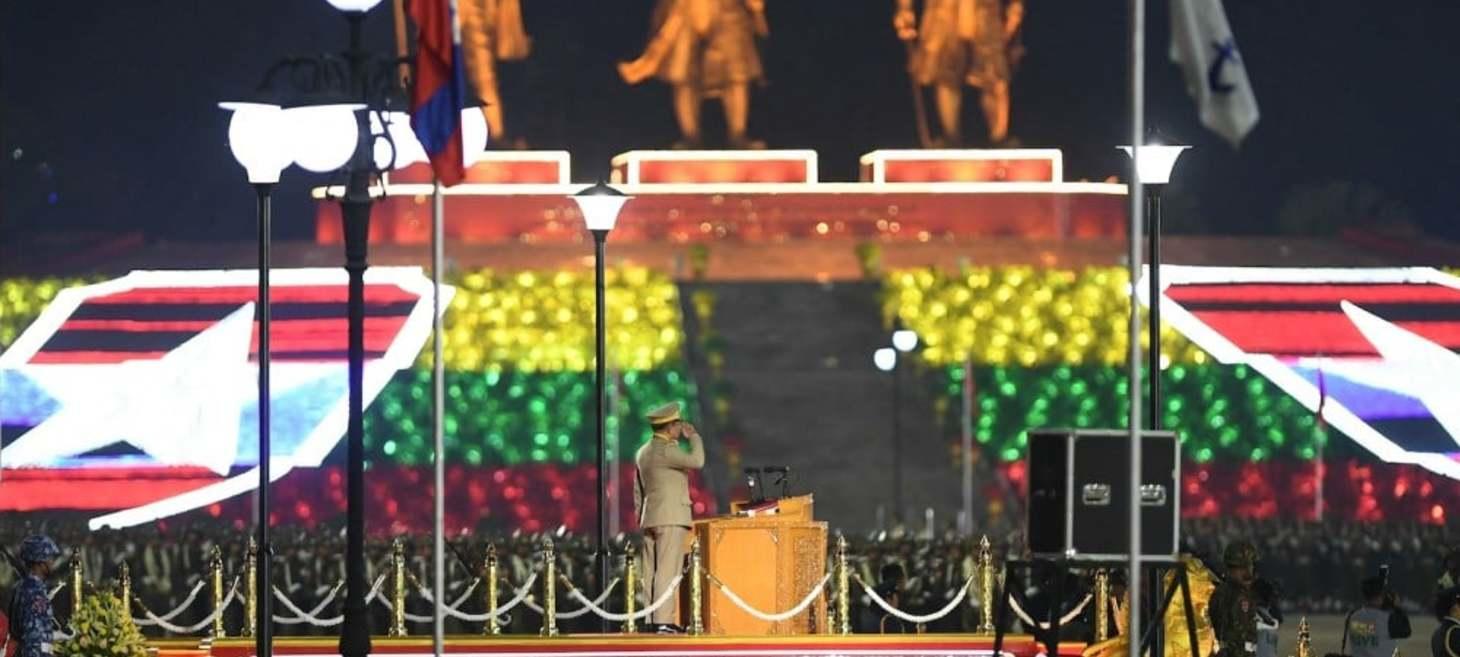
Time and Beijing Are Working Against Myanmar’s Resistance
Myanmar's resistance forces have achieved significant gains against the ruling junta, seizing 50 percent of the country and inflicting considerable losses on the Tatmadaw. However, time is not on the resistance's side as the conflict moves into central Myanmar, where prolonged and costly sieges exhaust the population and amplify a "closing window" problem for their movement. Crucially, China's expanding influence and direct involvement are working against the resistance, leveraging coercive diplomacy to divide their fragile unity, support the junta economically and politically, and potentially enable a "civilian" government through a rigged election, which could ultimately lead to the junta's consolidation of power.
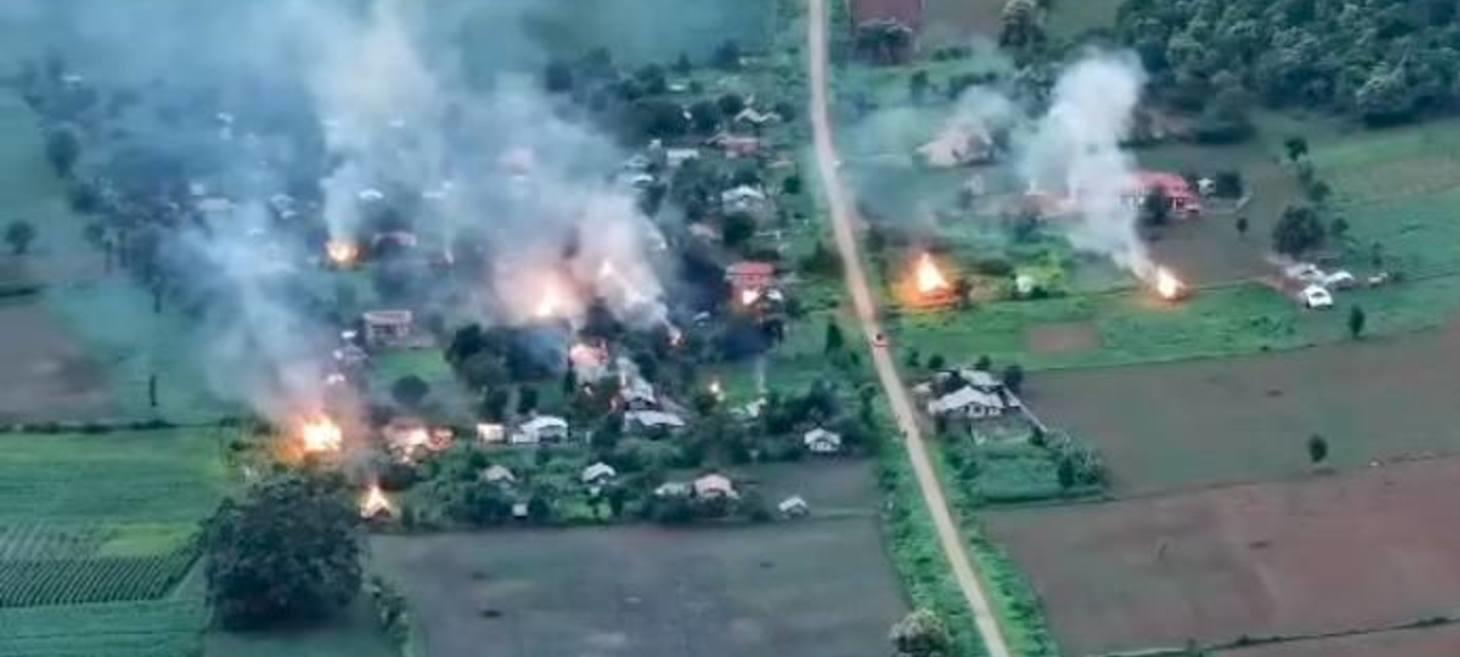
Myanmar Military and Pa-O Militia Accused of Burning Kayan Village in Southern Shan State
The Myanmar military and their ally, the Pa-O National Organization (PNO) militia, are accused of burning Saung Nang Ke, a Kayan ethnic village in Southern Shan State's Pai Khun (Pekon) Township, on June 24, 2025, with over 50 households affected. This marks the second time the village has been razed in three years, occurring amidst escalating conflict where joint forces have increasingly targeted civilian areas since early 2023, displacing ethnic communities. In response to mounting reports of arson, forced displacement, and civilian casualties, human rights organizations are urging international intervention to monitor the conflict zone and protect vulnerable populations.
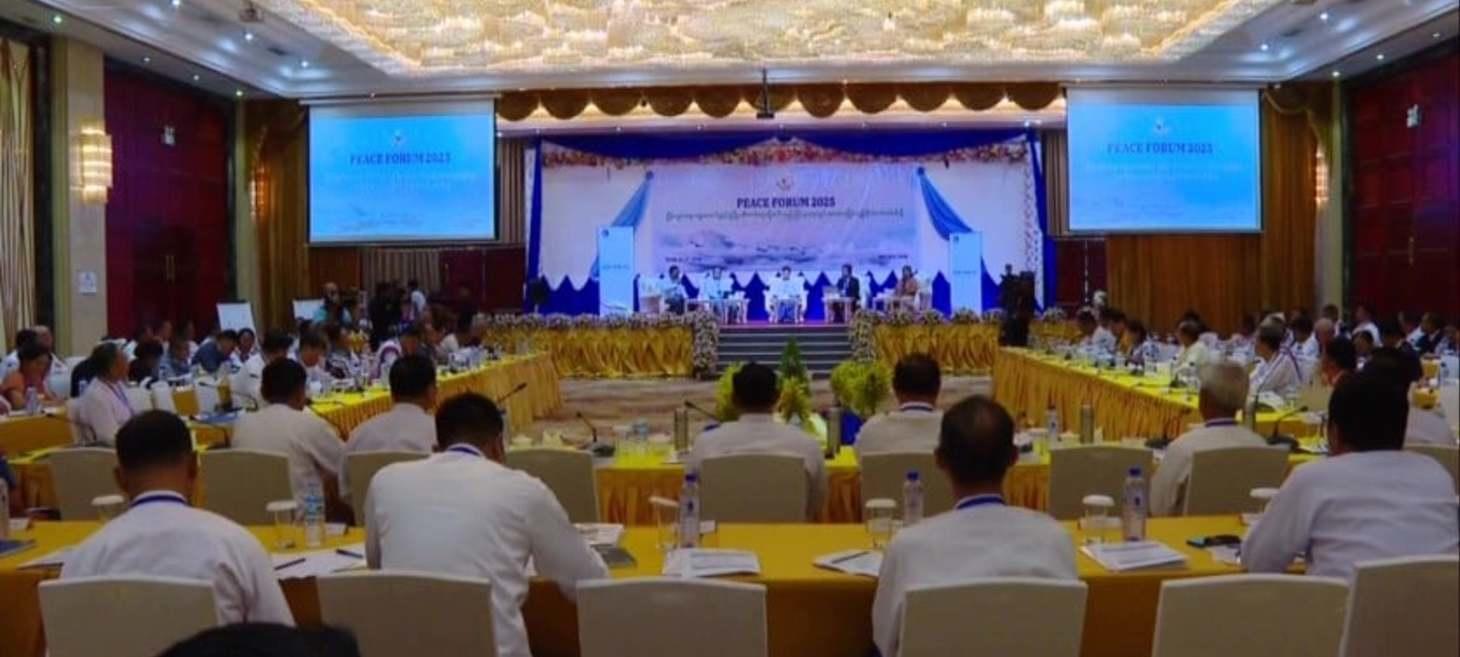
Airstrikes Amid Peace Talks: Junta’s Actions Undermine Reconciliation Claims
On June 29, a Myanmar military airstrike in Kyaukme, northern Shan State, injured at least five civilians and destroyed or heavily damaged multiple homes and businesses, marking the third such bombing in the region within a week. These attacks, which include earlier bombings that killed five and injured 16, suggest a deliberate escalation of military operations against ethnic armed groups like the TNLA, critically coinciding with a government-hosted peace forum. The intensified violence, extending to other TNLA-controlled territories, has displaced thousands of civilians who now face severe shortages of essential supplies, leading observers to accuse the junta of undermining its own claims of pursuing national reconciliation.
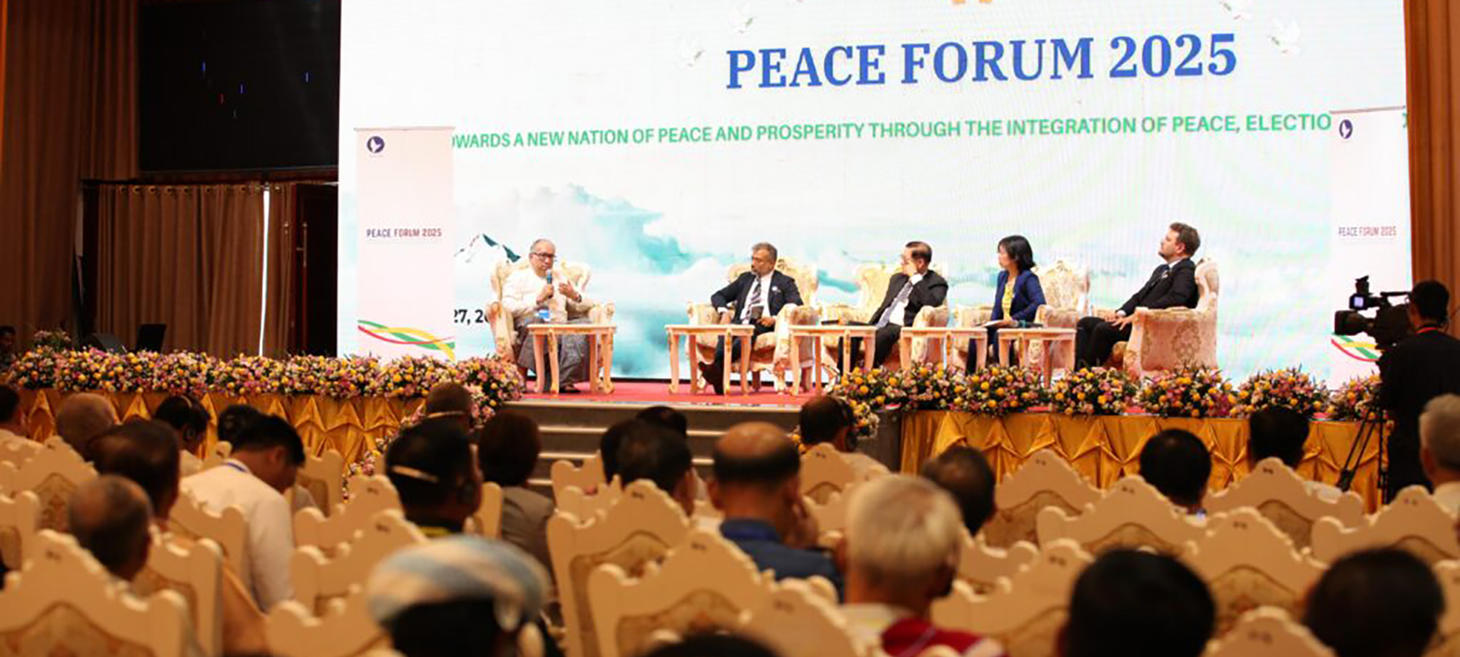
False Peace, Real War in Myanmar
The junta orchestrated a "Peace Forum" as a deceitful façade to mask its intensified war against the people of Myanmar, utilizing rhetoric of peace and dialogue while escalating violence, acquiring more weapons, and planning sham elections. This manipulative "carrot-and-stick" strategy aims to gain regional and international acceptance for the junta, despite the ongoing massacres, war crimes, and significant loss of territorial control to resistance forces. To counter this, revolutionary forces must urgently establish a new foundation of democratic legitimacy by forming a Joint Coordination Revolutionary Body and accelerating the creation of state- and region-level consultative and interim executive bodies, providing a credible alternative to the junta's fabricated victory.
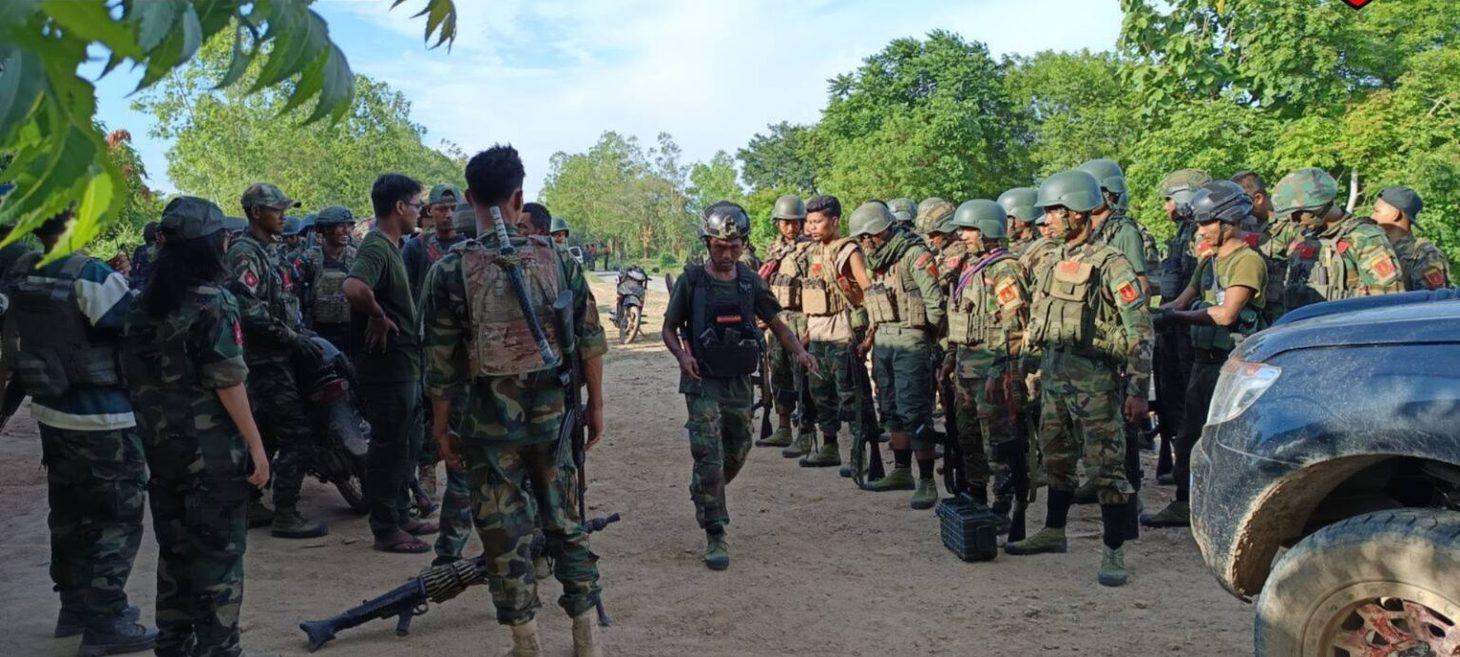
Myanmar resistance forces attack junta positions in Sagaing’s Shwebo Township
Resistance forces, including the Shwebo Township People’s Defence Organisation, briefly captured three junta army positions along the western bank of the Ayeyarwady River in Sagaing Region’s Shwebo Township. These simultaneous attacks, which began around 6:30 am and lasted over three hours, targeted a hill camp, the village of Hinthargyi—a Pyu Saw Htee stronghold—and a junta base in Boenettaung village, utilizing drones. While the anti-regime groups briefly held the positions, they were forced to retreat after the arrival of reinforcements, with fighting leading to at least 10 junta soldiers and Pyu Saw Htee members dead or wounded, and two Shwebo PDO troops killed.
Conscription
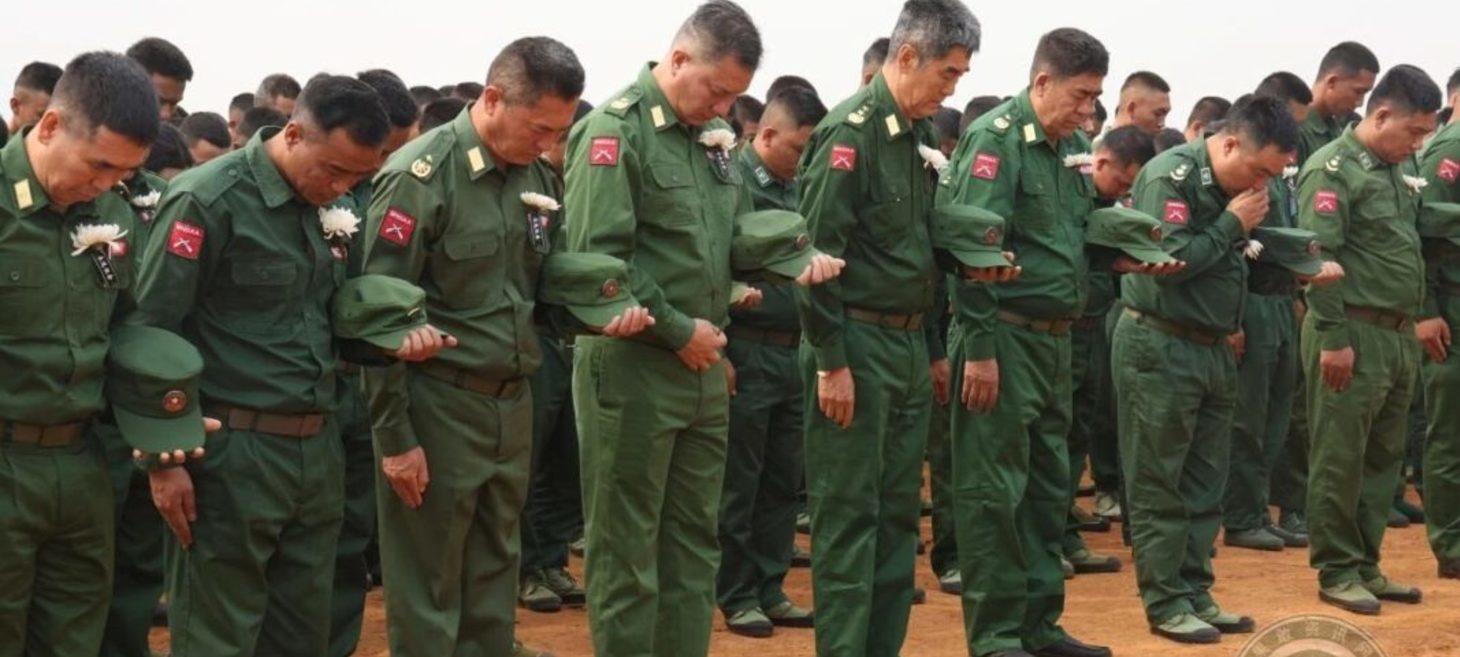
Forced Conscription by MNDAA Reported in Northern Shan State’s Lashio
The Myanmar National Democratic Alliance Army (MNDAA), also known as the Kokang Army, is accused of forcibly recruiting villagers across Lashio Township in northern Shan State. These allegations contradict a mutual understanding reached earlier in June between the MNDAA and the Shan State Progress Party (SSPP/SSA), where the Kokang army pledged to refrain from conscription in SSPP-controlled areas. MNDAA representatives have reportedly demanded one recruit from each household, threatening village headmen with forced conscription if quotas are not met, and have also detained village leaders.
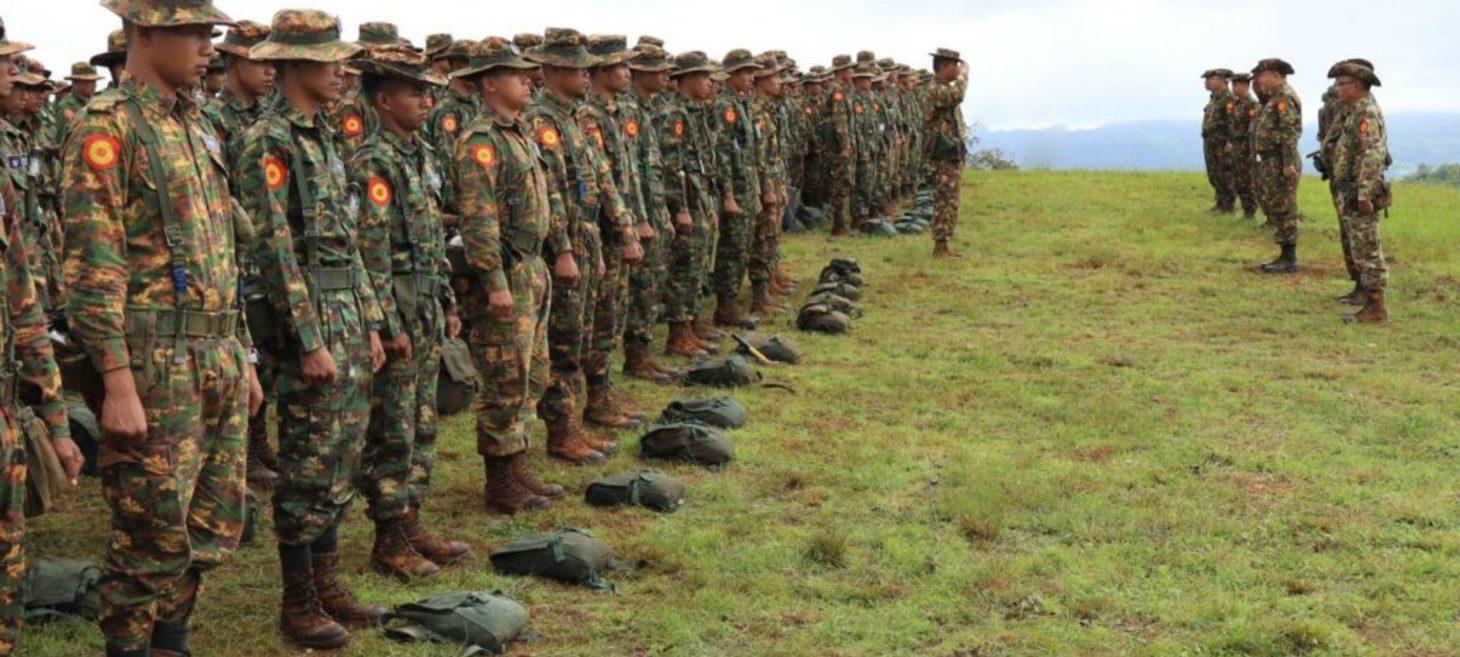
Junta’s recruitment spreads fear as young men seized from homes and workplaces
The Myanmar junta is intensifying forced conscription raids under its 2024 mandatory service law, targeting young men across the country, including Naypyitaw. These raids involve military officials seizing individuals from their homes and workplaces, sometimes at gunpoint, with many young men now going into hiding to avoid service. This recruitment drive is a reflection of the regime's efforts to bolster its ranks amidst growing resistance.
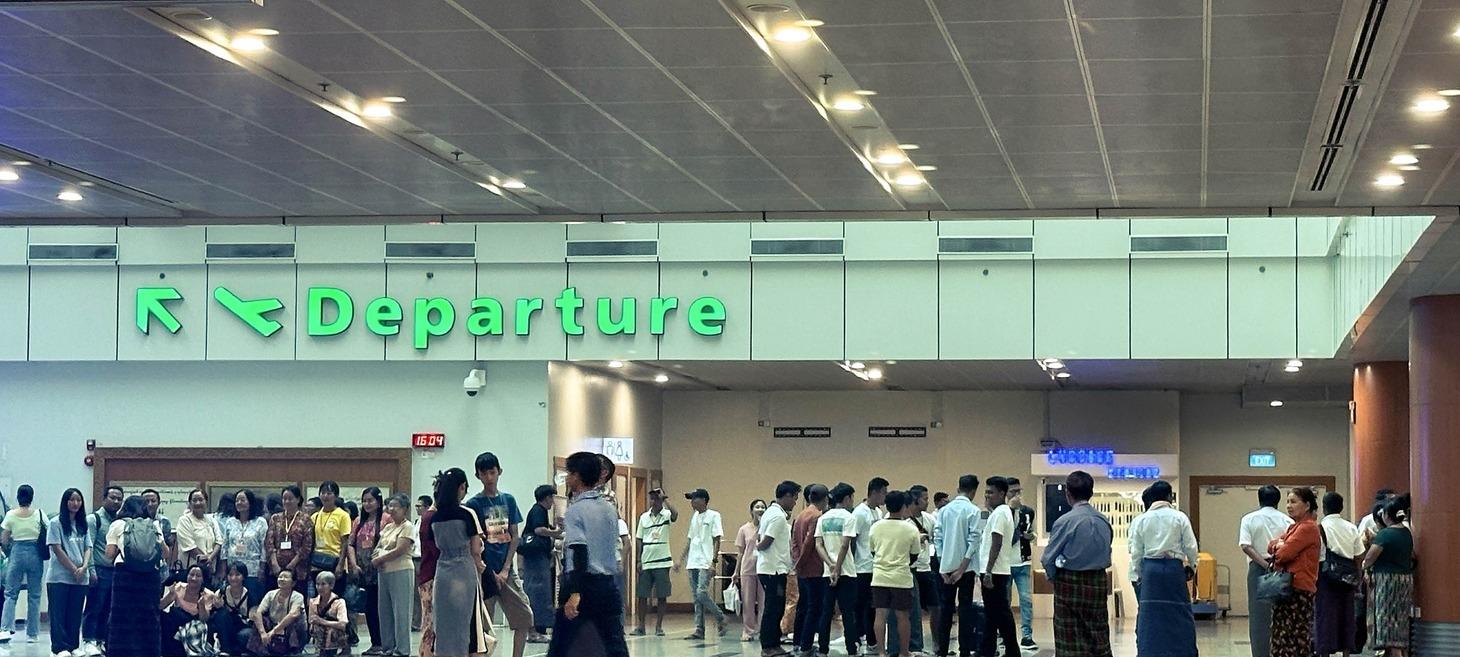
Myanmar junta restricts maritime work for people over 25
The Myanmar junta has implemented a prohibition, effective July 1, against issuing seafarers' work permits to individuals over 25 to curb evasion of mandatory military conscription. This ban encompasses essential documents like the seafarer's registration and the Seafarer Identification and Record Book, and also prevents applicants over 25 from enrolling in training programs for seafaring jobs. The new measure impacts many who typically start careers in seafaring later in life, often without prior experience.
Crime & Narcotics
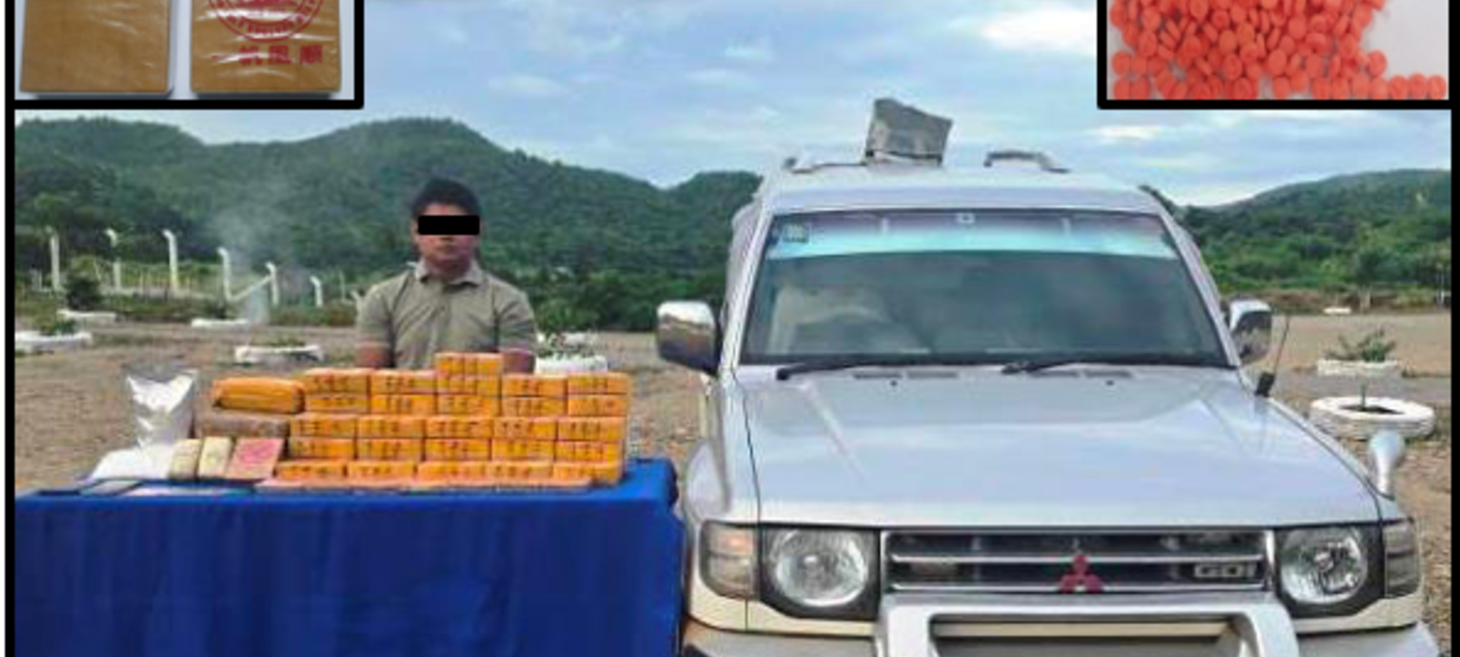
Thazi seizes blocks of heroin, stimulant tablets, and ketamine
A combined team, including members of the Drug Enforcement Division, conducted an operation on June 26 near Kywetatsone Village in Thazi Township, Mandalay Region, stopping a Mitsubishi Pajero driven by Nay Lin Aung (aka) Nay Lin. Authorities discovered 100 blocks of heroin weighing 35 kilogrammes, 52,000 stimulant tablets, and 1.1 kilogrammes of ketamine hidden in the vehicle. Initial investigations revealed the narcotics were being transported from Hsihseng Township to Tatkon Township, and legal action has been taken against the suspect as efforts continue to identify others in the trafficking network.

Myanmar authorities seize 900,000 stimulant tablets in southern Bago in latest drug bust
Myanmar authorities recently confiscated 900,000 stimulant tablets in Waw township, located in the southern Bago region, following a tip-off on June 24, with three suspects arrested in connection with the illicit haul. The estimated street value of the seized drugs is approximately MMK 1.35 billion kyats ($0.64 million).

Myanmar Junta Blacklists Scam Warlord Saw Chit Thu in Currency Crackdown
Myanmar's junta has blacklisted Chit Linn Myaing Toyota Co, owned by Saw Chit Thu, a notorious warlord and chief of the regime-aligned Karen State Border Guard Force (BGF), for failing to deposit foreign currency export earnings into a junta-controlled bank, which violates a law amended after the 2021 coup. Saw Chit Thu is also accused of overseeing a multibillion-dollar network of transnational scam centers and illegal online gambling operations in Karen BGF territory, with his family holding significant stakes in blacklisted companies and other related business entities. This action against him occurs as the junta grapples with a crippling shortage of foreign currency, and Saw Chit Thu himself was sanctioned by the UK in 2023 for overseeing the trafficking of individuals forced into scamming activities.
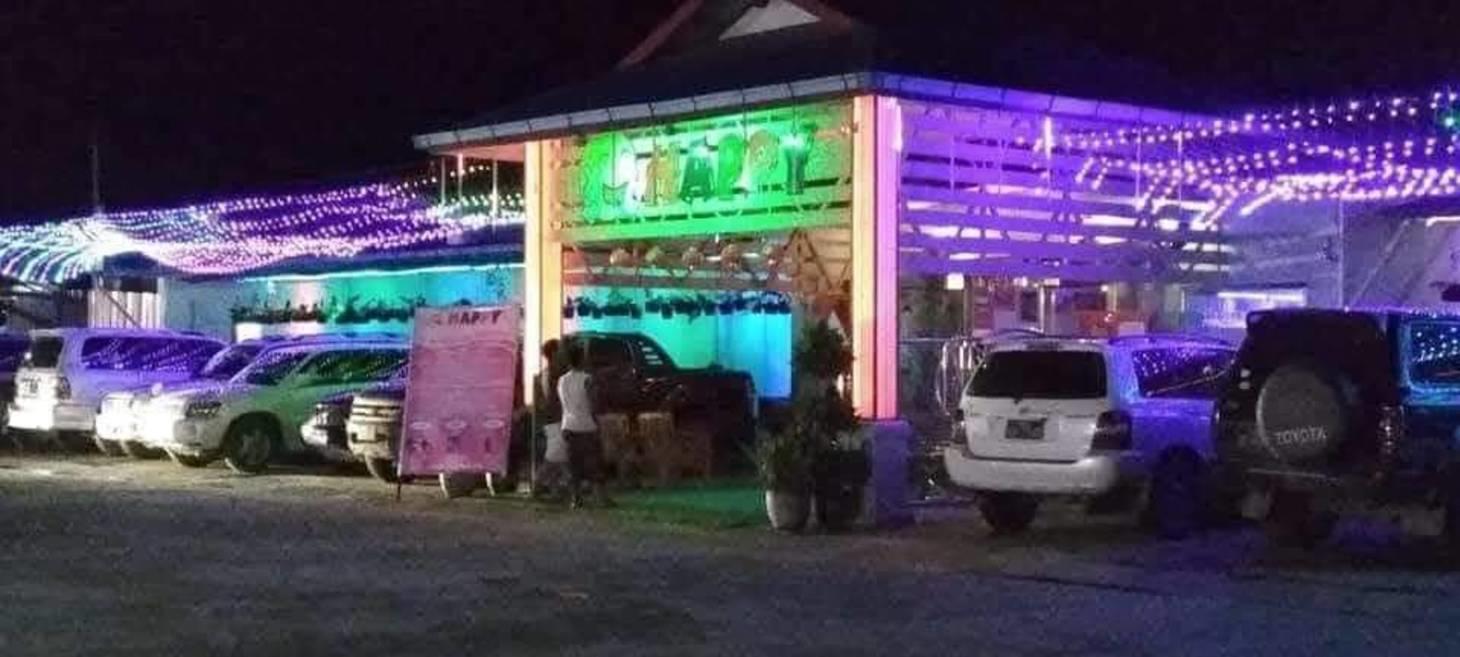
Kachin organisation shuts down bars, karaoke venues in towns under its control
The Kachin Independence Organisation (KIO), the political wing of the Kachin Independence Army (KIA), issued an order on June 22 to indefinitely close karaoke bars, nightclubs, and other entertainment establishments in territories they control. This decision was made to address rampant narcotics abuse and trafficking, as these venues were identified as "nests" for drug dealing and abuse, particularly among young people. The KIO/KIA spokesperson, Col. Naw Bu, stated that the closures are necessary because drugs are destroying the lives of many young people.
Economy
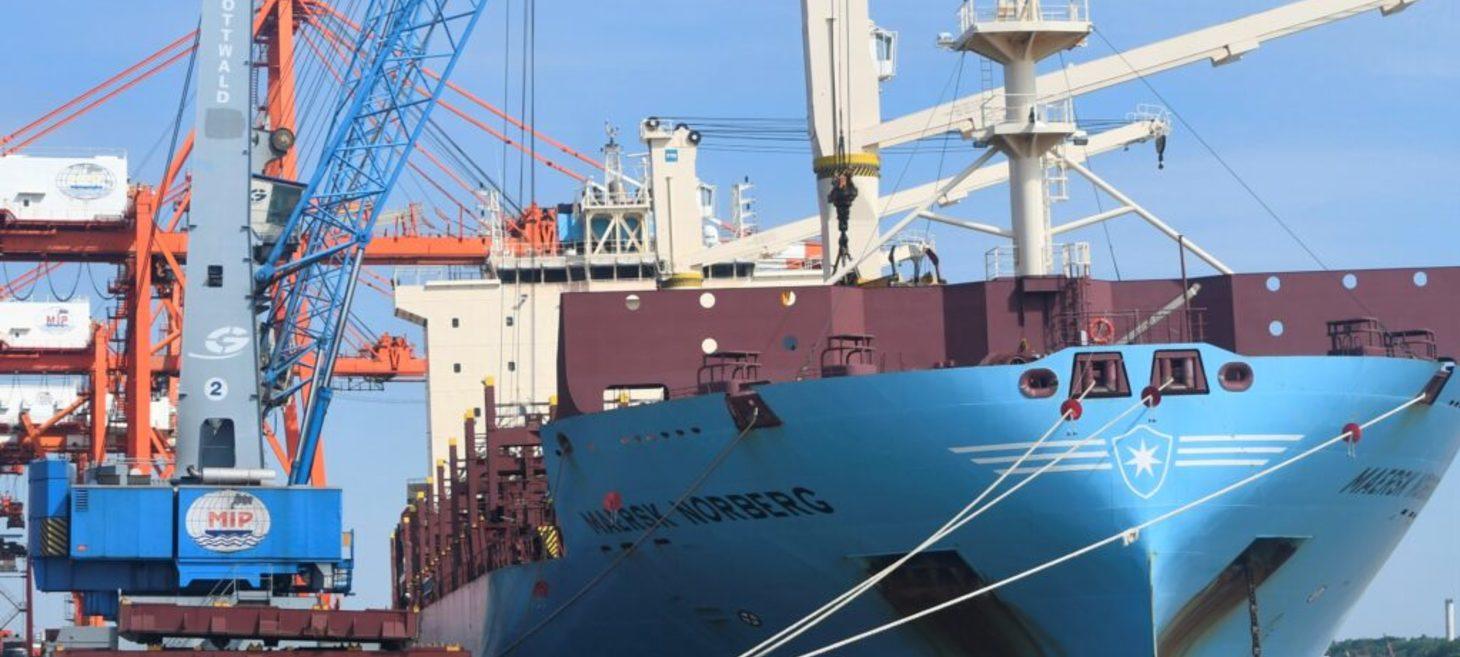
197 firms flagged for export earnings violations
The Central Bank of Myanmar (CBM) blacklisted 197 companies and their board members for failing to repatriate export earnings. These companies had not brought back export earnings from business conducted between 2016 and 2020, which is a mandatory requirement under the Foreign Exchange Management Law, directives, and regulations. Failure to repatriate these earnings within specified periods (30 days for Asian countries, 60 days for others) can result in one-year imprisonment, fines, or both, and also led to the revocation of export registrations for the non-compliant companies.
Foreign Affairs
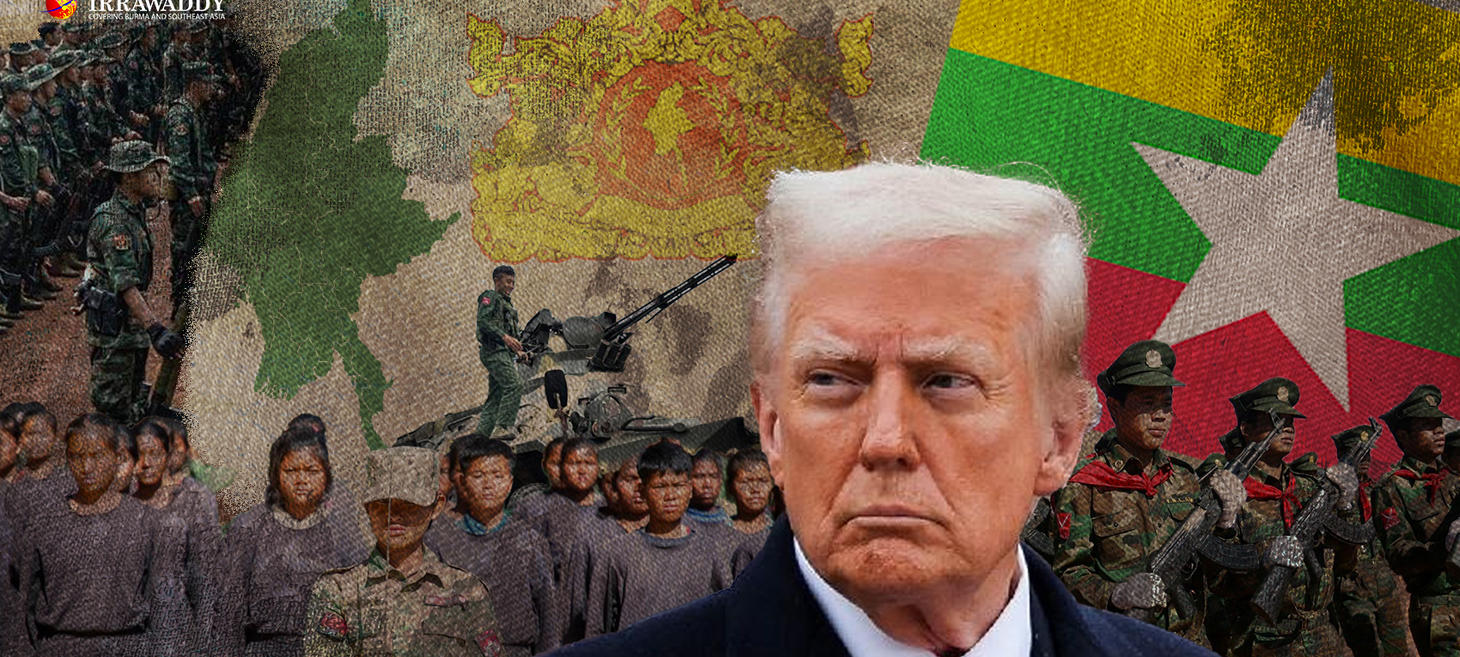
From Foreign Policy Drift to Diplomatic Freefall in Myanmar
The article highlights a significant decline in international support and engagement with Myanmar, particularly from the United States due to the Trump administration's policies like tariffs, travel bans, and aid cuts, as well as a broader reduction in overseas development assistance from other Western nations and UN agencies. This shift leaves Myanmar, which is already vulnerable, facing potentially catastrophic neglect, with a dramatic reorientation from foreign aid to increased defense spending globally further impacting the country. Concurrently, the National Unity Government (NUG)'s foreign policy is deemed ineffective, lacking strategic messaging and suitable emissaries, while various ethnic armed organizations (EAOs) are engaging in more impactful, multifaceted, and quiet diplomacy with neighboring Asian states like Bangladesh, India, China, and Thailand.
General News
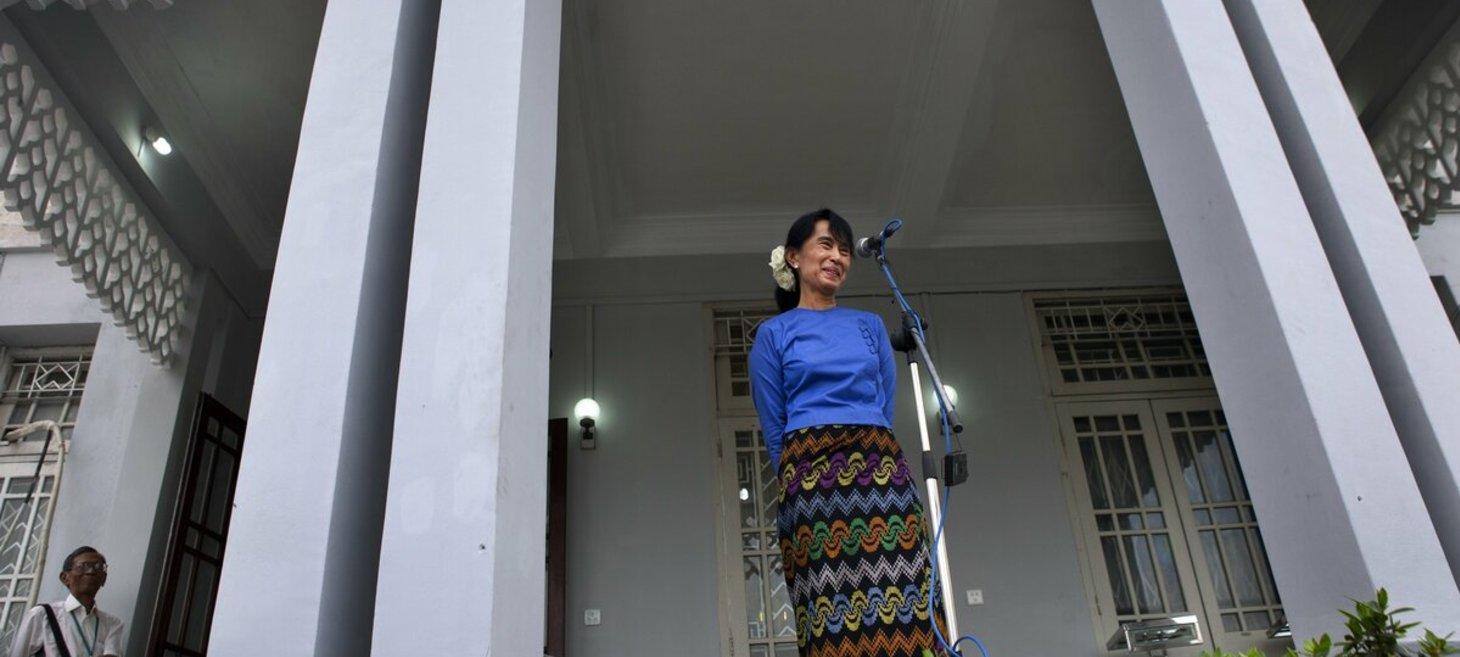
FEATURE: No buyers for $59 million home of imprisoned Aung San Suu Kyi
Aung San Suu Kyi's lavish lakeside home at 54 University Avenue in Yangon has been up for auction for over a year with no bidders, despite its reduced price of about $59 million. This nearly 8,000 square-meter colonial-style property is famous as the site where Suu Kyi was held under house arrest for a total of 15 years and hosted dignitaries, making it a symbol of Myanmar's pro-democracy movement. The lack of buyers is attributed to its association with political conflict and its high asking price, while ownership is disputed between Suu Kyi and her brother, and the military government ordered the auction despite objections.
Governance & Rule of Law
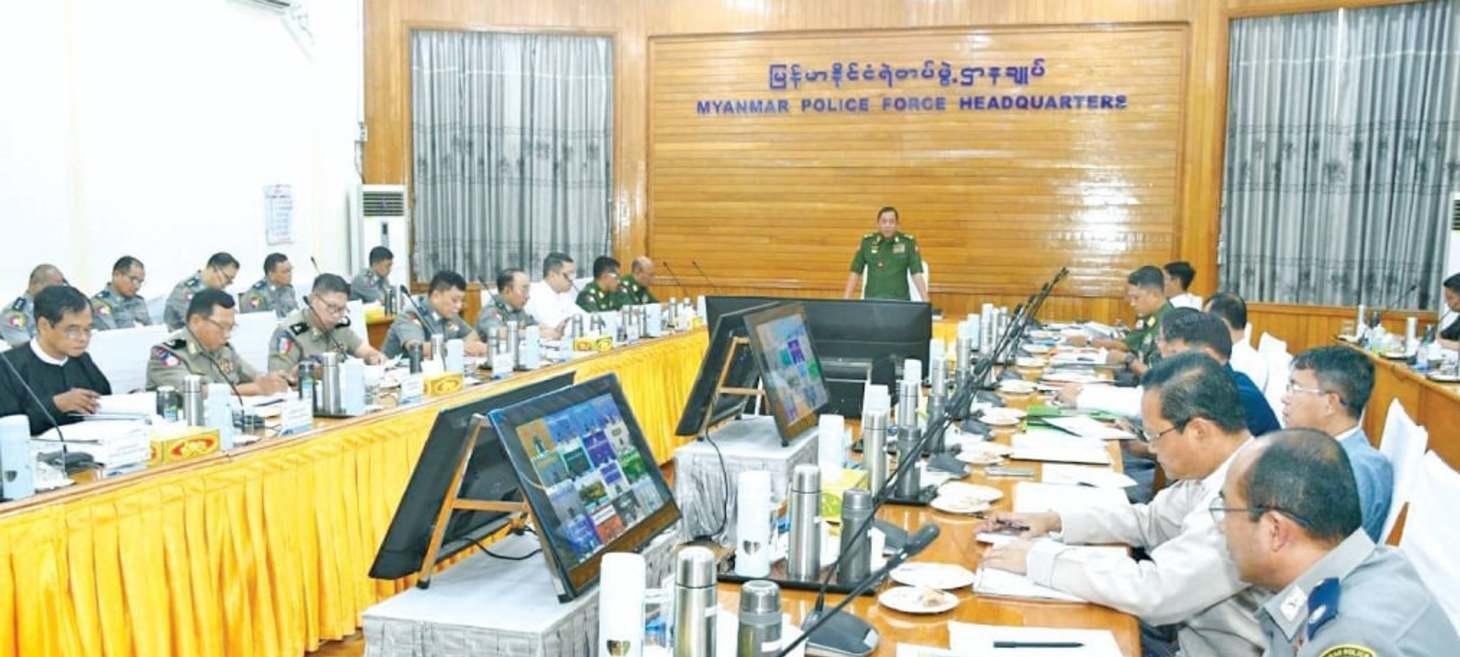
Myanmar junta forms supervisory committee to regulate private security services nationwide
The Myanmar military junta has officially established a Supervisory Committee for Private Security Services across all regions and states to regulate and license private security companies and businesses employing them. This development follows the enactment of the Private Security Services Law on February 18, 2025, which permits armed foreign nationals to operate in Myanmar's private security sector, a move prompted by a Chinese proposal for a joint venture. An official directive for license applications was issued on June 18, enabling both local and foreign entities, including Chinese firms, to submit applications to the relevant committees.
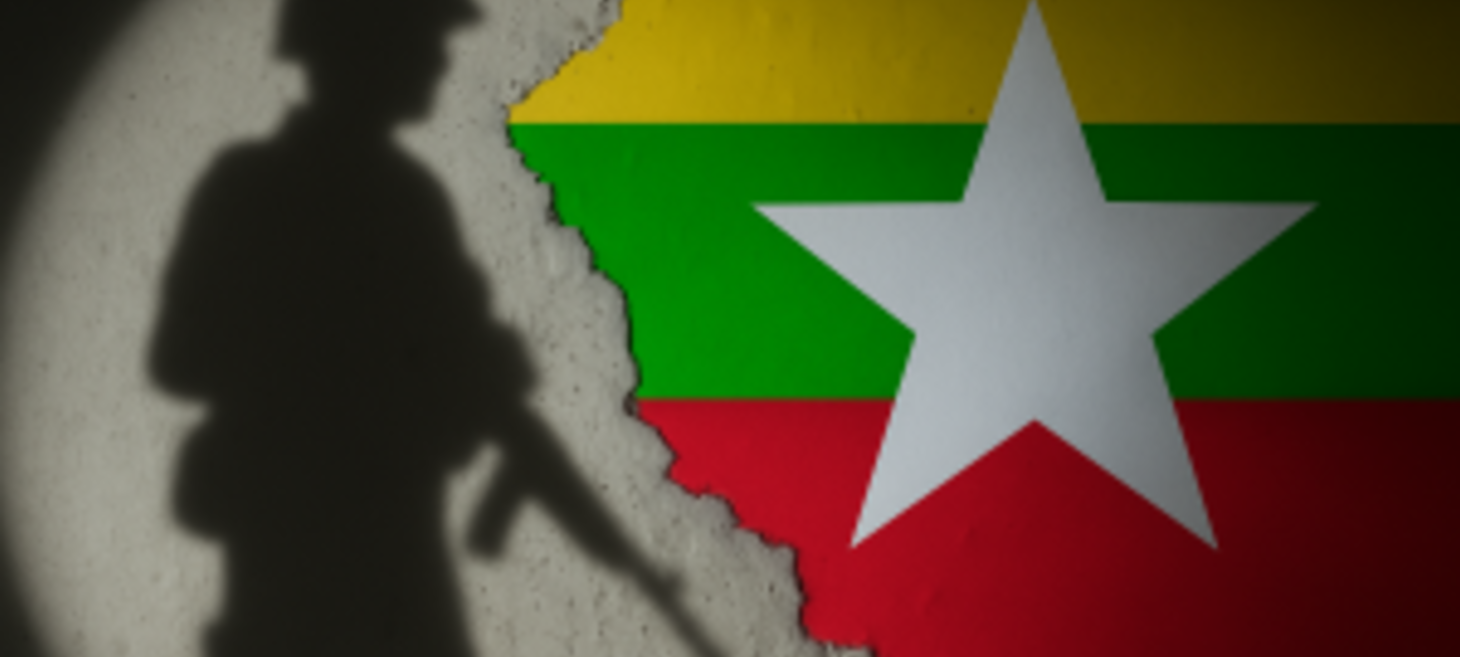
Indonesian citizen detained in Myanmar over alleged rebel links
An Indonesian social media influencer, reportedly 33 years old, has been detained by Myanmar’s military junta on unsubstantiated allegations of financing anti-government rebels, prompting concern from Indonesian lawmakers and calls for his release through amnesty or deportation. While the detainee's identity is unconfirmed, speculation points to Arnold Putra, and Foreign Minister Sugiono has advised Indonesians to research thoroughly before traveling to conflict zones like Myanmar due to its ongoing civil war. In a separate effort, Indonesian authorities are also working to secure the release of four other Indonesian nationals believed to be trafficked and forced to work as online scammers near the Thai-Myanmar border.
Healthcare
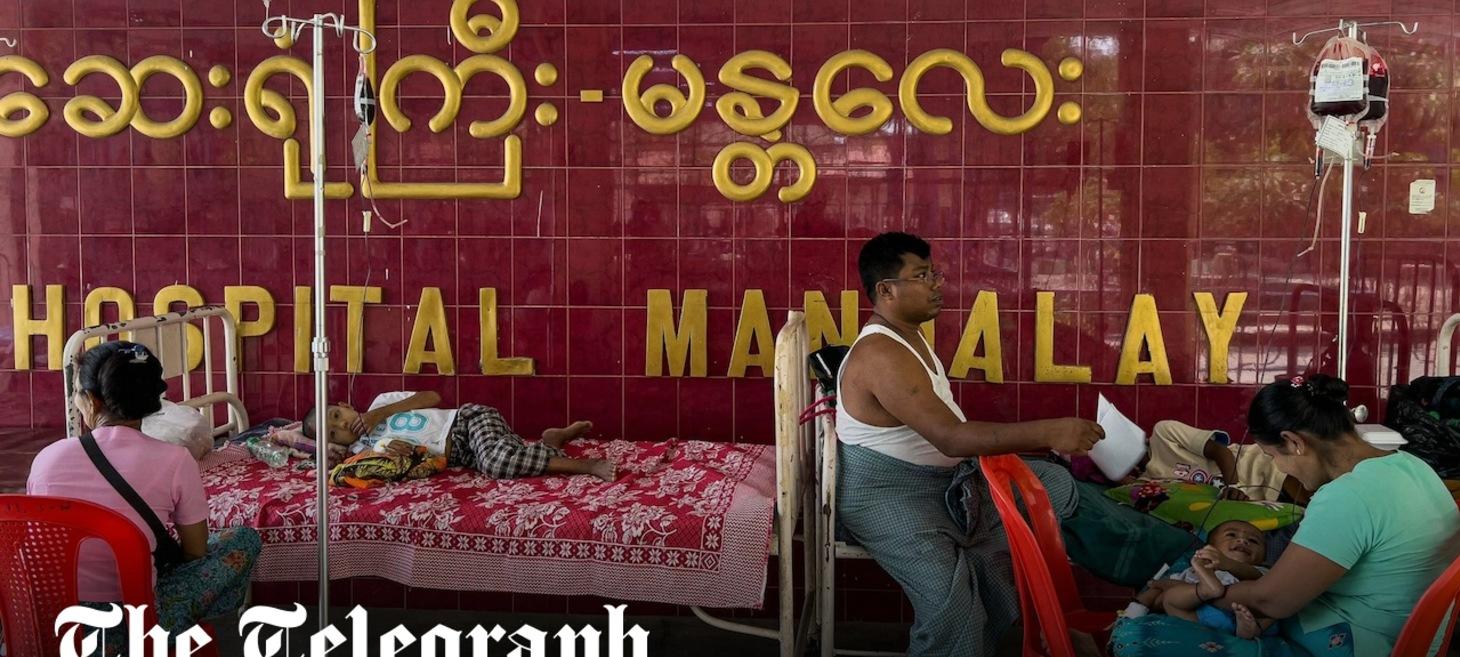
Three-year-old paralysed by polio as Myanmar’s health system crumbles
A three-year-old girl in Myanmar has been paralyzed by vaccine-derived polio (VDP) type 1, the first known case in the country since 2019, which is a clear indication of the severe damage to its healthcare system caused by four years of civil war. This protracted conflict has led to major staffing shortages, attacks on medical facilities, and a significant reduction in patient access, with an estimated 1.2 million children lacking routine immunizations, making the re-emergence of vaccine-preventable diseases like polio almost inevitable. The polio case highlights the broader crisis of a splintered healthcare system and the politicization of health, emphasizing the critical need for increased surveillance and widespread vaccination to halt further transmission.
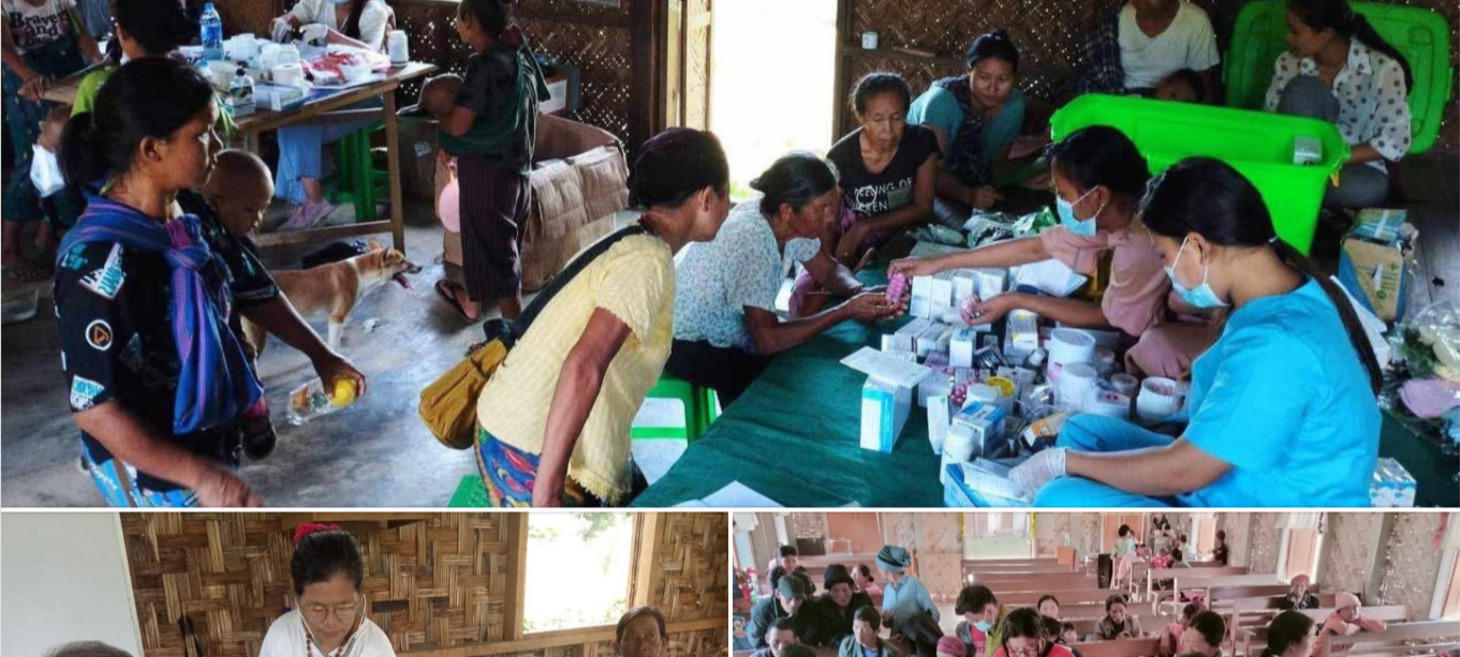
Insufficient Medicine for Kachin State Malaria Crisis
Kachin State is currently facing a severe malaria crisis characterized by rapidly spreading infection rates and a critical shortage of essential malaria drugs, particularly affecting gold mining sites where even young children are infected. The situation is worsened by an increase in cases of the deadly Plasmodium falciparum (PF) strain, which requires proper medication and careful treatment, and by drugs expiring quickly or being delayed at ports due to clearance and tax issues. Consequently, obtaining treatment is difficult and costly, as donor funding cuts mean patients must now pay for previously free medications, while mobile healthcare groups like the Kachin Backpack Health Worker Team (Kachin BPHWT) struggle to provide care in remote areas and IDP camps.
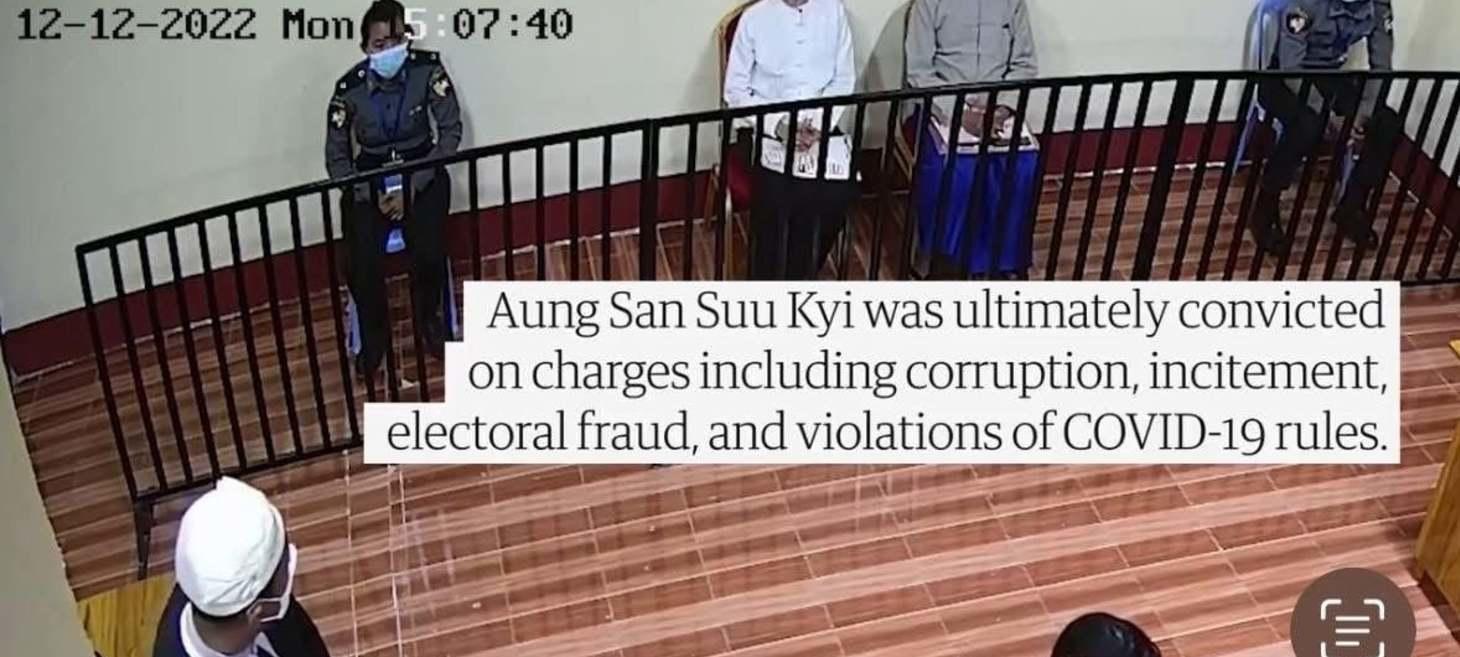
Federal and state parliaments express grave concern over health crisis facing Myanmar’s political prisoners
Federal and state parliamentary committees in Myanmar have expressed grave concern over the deteriorating health and inadequate medical care for political prisoners, including detained State Counsellor Daw Aung San Suu Kyi, condemning the life-threatening conditions in prisons. These conditions, which include violence, torture, and denial of healthcare and proper nutrition, have led to numerous deaths, with 56 political prisoners dying in Mandalay’s Obo Prison over the past six years due to insufficient medical treatment and restricted transfers to outside hospitals. Since the 2021 military coup, a total of 29,338 people have been arrested, with 22,180 still in detention and 10,881 sentenced, underscoring the widespread nature of this human rights crisis.
Military
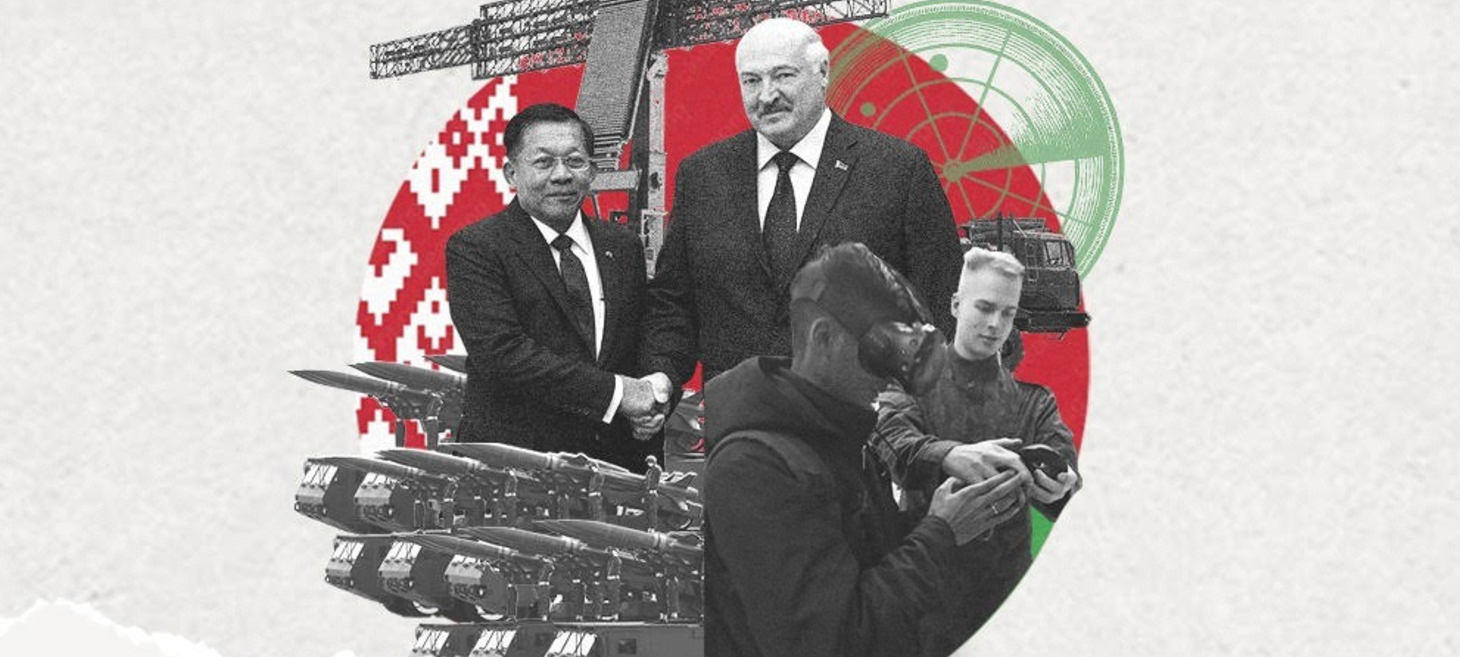
Belarus Supplies Air Defense System to Myanmar Junta: Activist Group
Justice For Myanmar (JFM) has revealed that Belarus has supplied a custom-designed air defense system to Myanmar’s junta to counter anti-regime drone strikes. This system, developed by state-owned Belspetsvneshtechnika, includes Panorama automation and Vostok 3D radar to automatically track targets, including drones. Furthermore, there is deepening military cooperation, with junta personnel studying air defense technology in Belarus to boost weapons production and the junta leader visiting Belarus for talks on arms sales and investment.
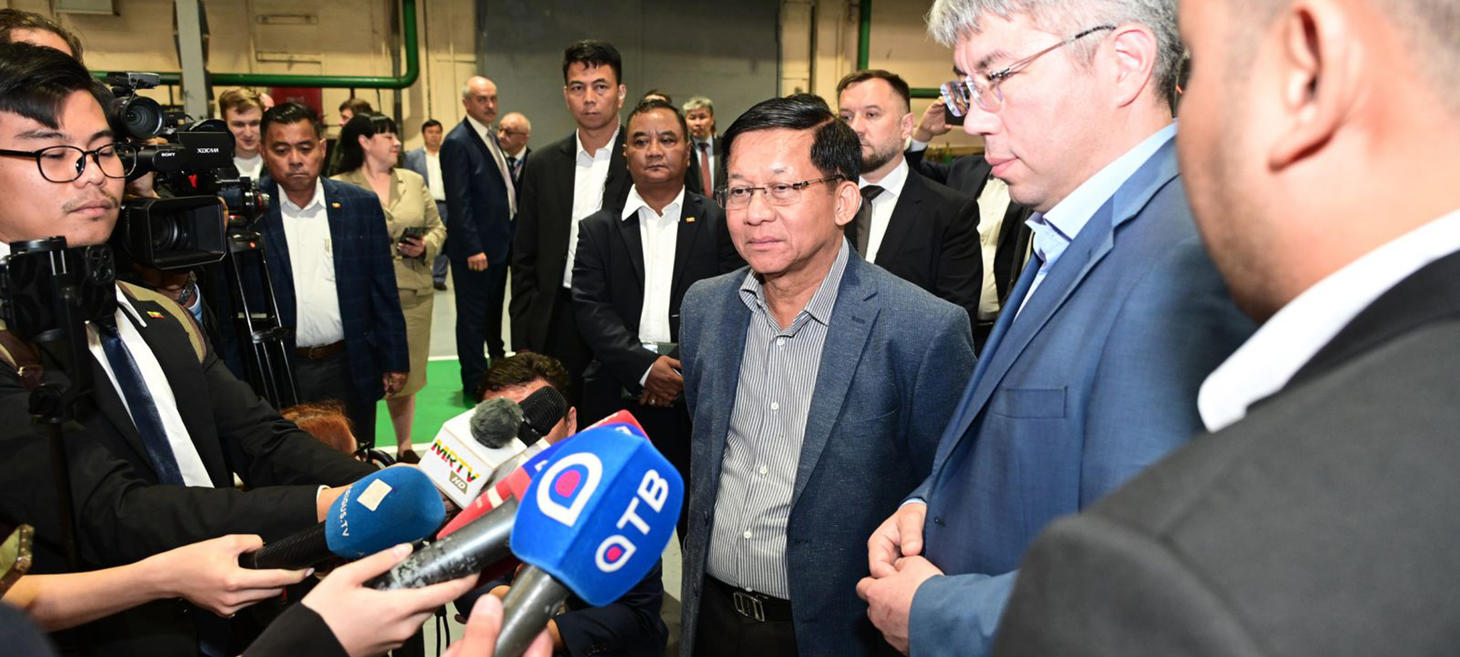
Russian Choppers on Myanmar Junta’s Shopping List: Min Aung Hlaing
Myanmar junta boss Min Aung Hlaing confirmed his regime continues to source helicopters from Russia, despite their use in deadly airstrikes on civilian targets during four years of civil war. This confirmation came during his tour of the Ulan-Ude Aviation Plant in Russia, which produced the Mi-17 helicopters previously purchased by Myanmar and is a potential area for future bilateral cooperation. The junta heavily relies on airpower, using these helicopters for transporting reinforcements and supplies, as well as for airstrikes on military and civilian targets in resistance-held territory, making them targets for resistance groups.
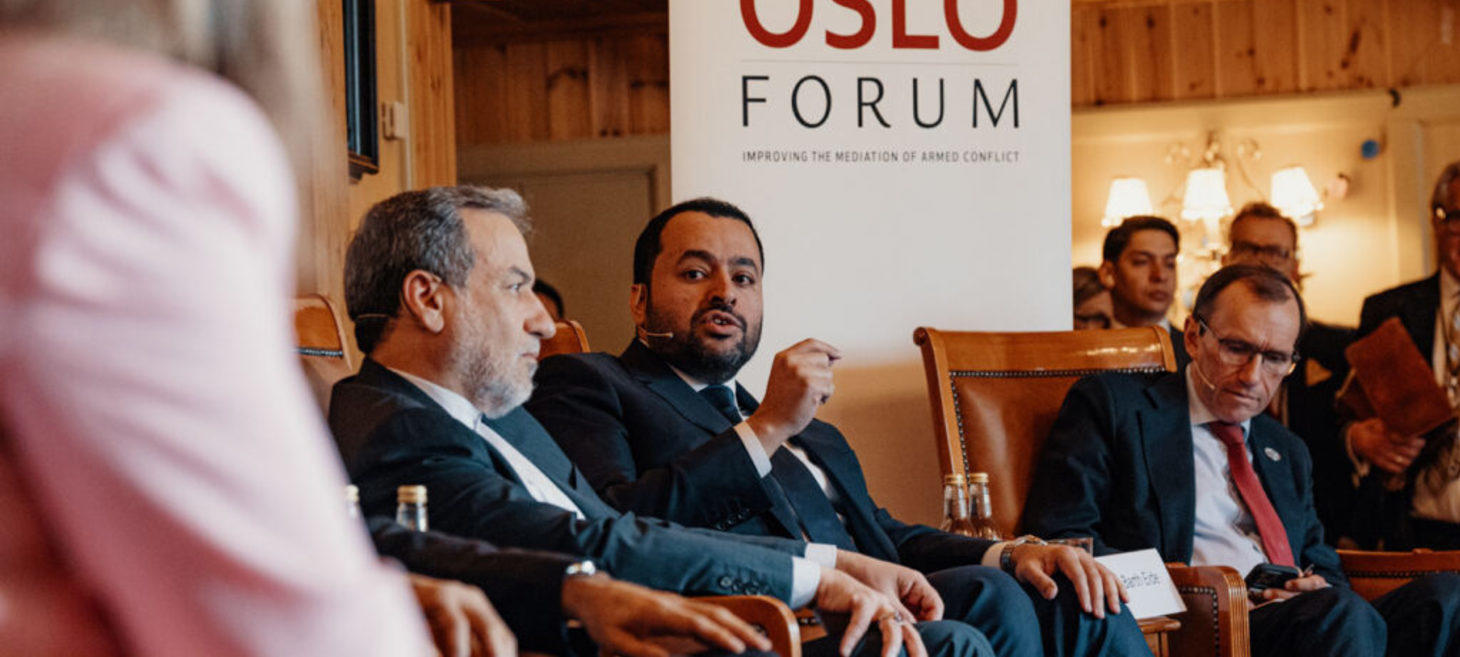
Myanmar Junta Hawk Joins Peacebuilding Forum in Norway
Lt-Gen Min Naing, a hawkish Myanmar general and secretary of the junta's National Solidarity and Peacemaking Negotiation Committee (NSPNC), participated as a "participant" in the Oslo Forum 2025. This global peace forum, organized by the Norwegian Ministry of Foreign Affairs and the Centre for Humanitarian Dialogue, brought together over 100 mediators and policymakers to discuss conflict resolution, including Myanmar’s crisis. Min Naing is notable for having threatened "nonstop bombing" of resistance-held territory in ethnic states, reflecting the ongoing social and political turmoil in Myanmar since the 2021 military takeover where the junta has engaged in brutal responses despite holding peace talks.
Natural Resources
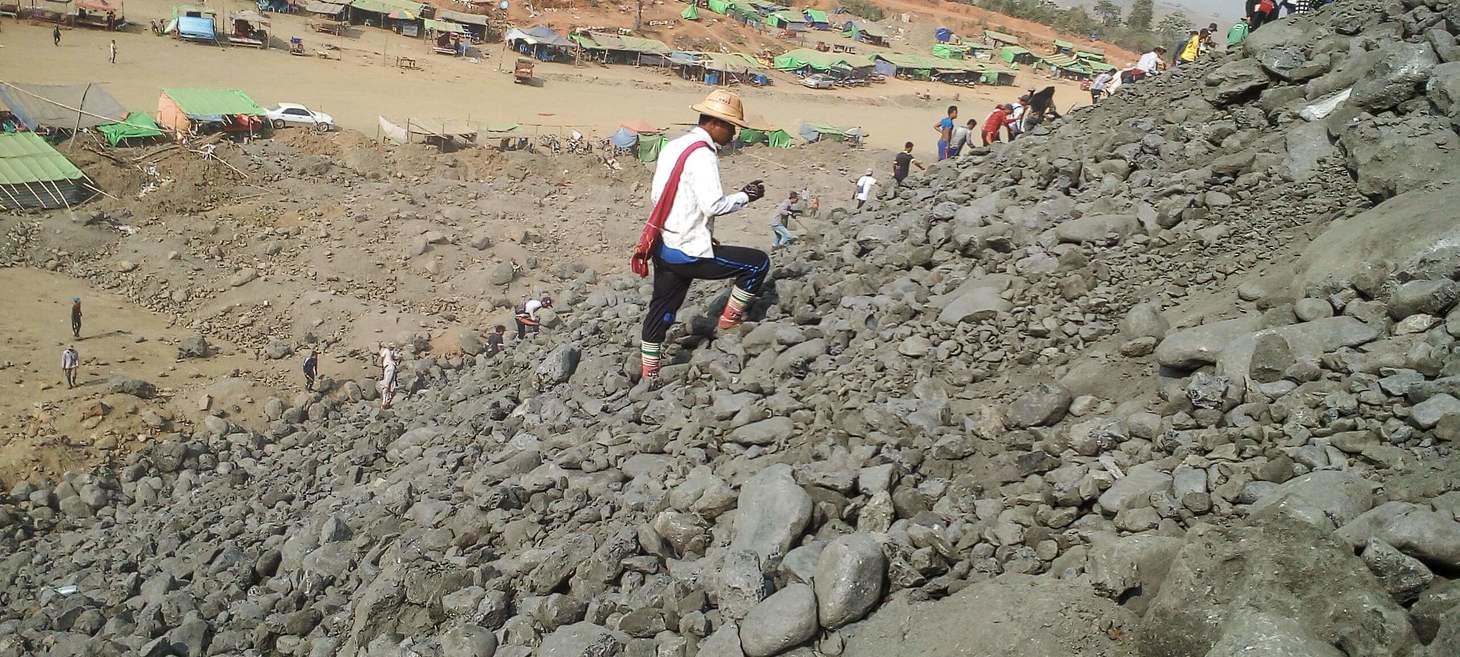
Rare Earth Mining and Conflict Economies in Northern Myanmar
Myanmar has become one of the largest global suppliers of rare earth minerals to China, possessing high concentrations critical for technology manufacturing. In Kachin State, control over these rare earth corridors has emerged as a strategic lever in a fragmented political landscape, with the Kachin Independence Army (KIA) now controlling key mining zones and China cautiously reopening trade routes. This situation significantly impacts the ongoing conflict, China's engagement with various actors, and the local political context.
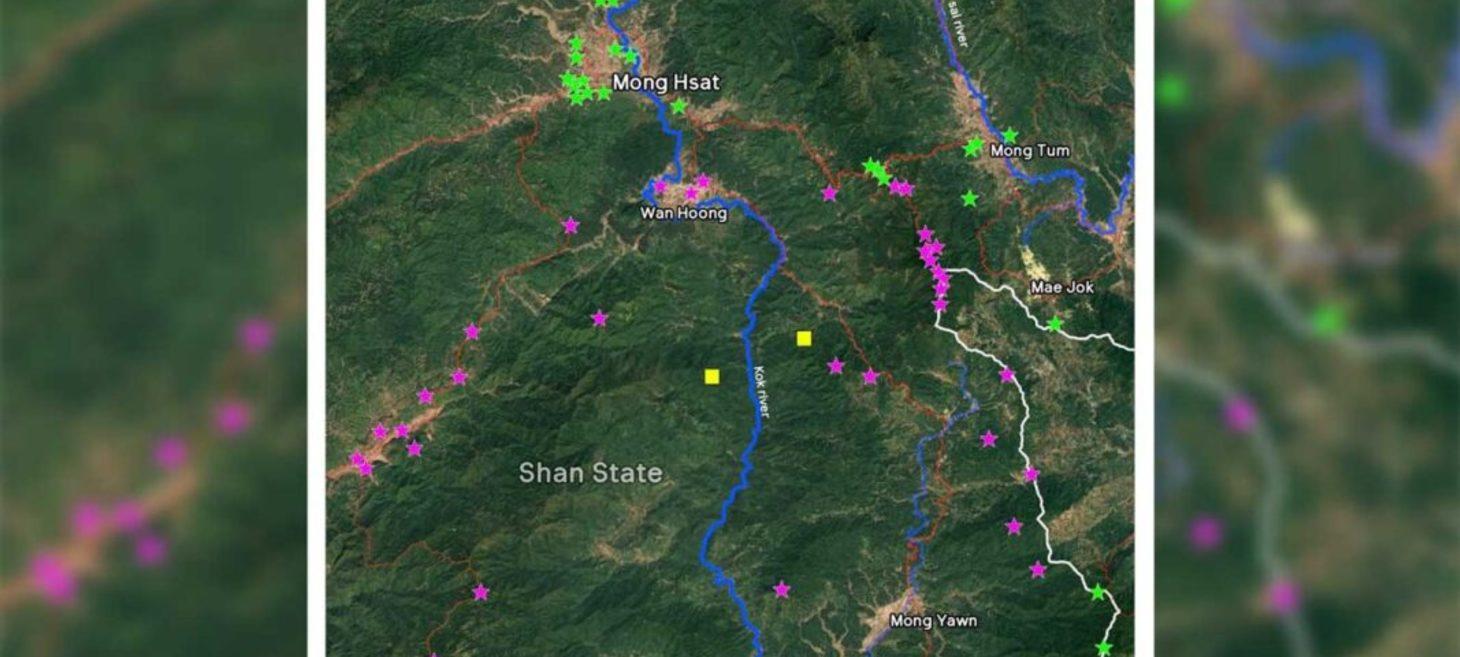
RARE EARTH ELEMENTS EXTRACTIONS: Kachin, Shan states and resources allocation
The extraction of rare earth elements (REEs) in Myanmar, particularly in Kachin and Shan states, is driven by a merciless competition for resources control and allocation among armed organizations, including the military junta and Ethnic Armed Organizations (EAOs) like the KIA and UWSA. This lucrative resource control has become the primary means for these armed groups to empower themselves and expand their territories, often overshadowing the pursuit of political settlements or democratic reforms. The largely unregulated and illegal mining activities have significantly increased Myanmar's REE exports, primarily to China, but also result in severe environmental degradation, such as water contamination, and contribute to social instability in conflict-affected regions.
Politics
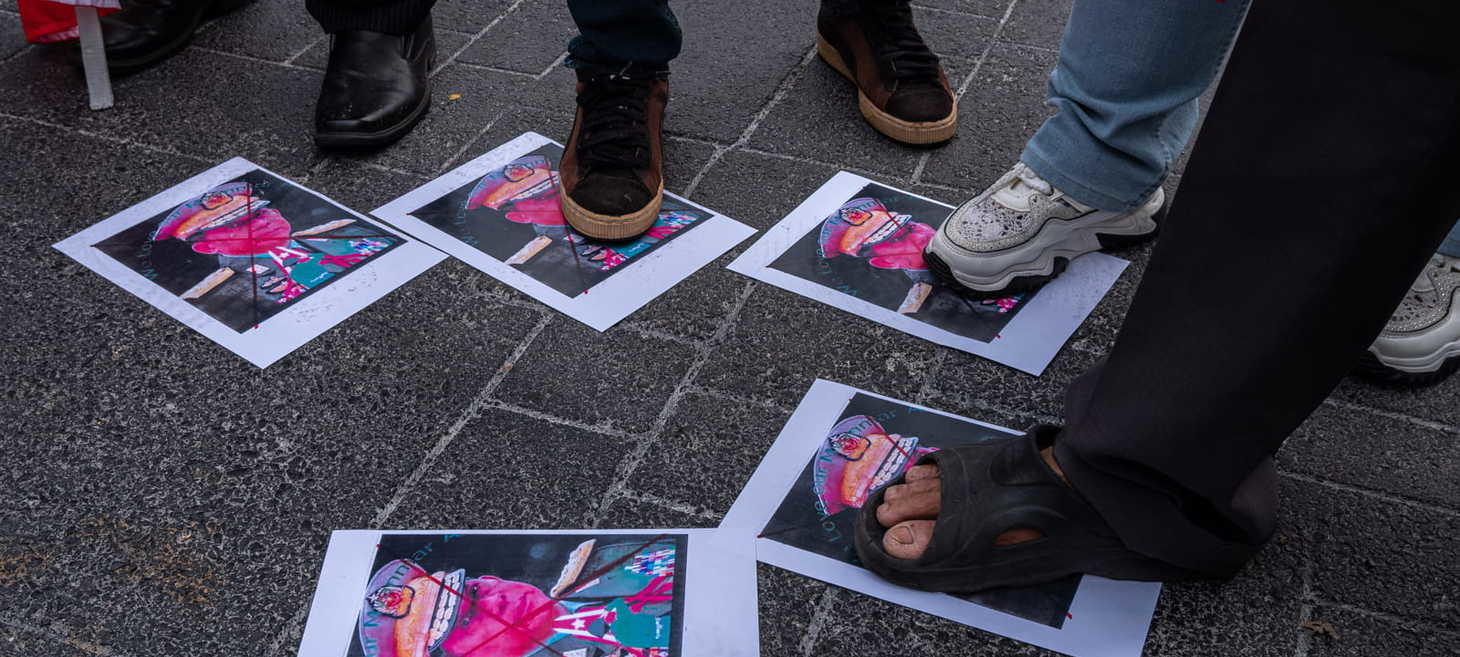
Myanmar’s federal future cannot be built on the junta’s foundations
Four years after the 2021 military coup, Myanmar is undergoing a profound political transformation, with grassroots democratic movements and communities actively forging new political institutions rooted in a collective rejection of militarized centralism. At the core of this "federalism from below" movement is the National Unity Consultative Council (NUCC), which unites various actors, including the National Unity Government (NUG) and Ethnic Armed Organisations, to articulate a vision for a new federal system and draft a blueprint for federal governance. Despite these painstaking efforts to build a new social contract amidst conflict, ASEAN's response has been fragmented, with a fundamental gap in its Charter regarding unconstitutional changes, highlighting the need for the bloc to shift course and actively support Myanmar's genuine political transition.
Telecommunications

MPT to upgrade telecom services in three Yangon townships
MPT is upgrading telecom services in the Hlegu, Taikkyi, and Kawhmu townships of the Yangon Region. These enhancements will utilize improved Optical Line Terminal (OLT) exchange systems to provide better fibre-optic connections for services such as fibre internet (FTTH), VoIP, landline, and business-to-business (B2B) services. While users may experience temporary service interruptions lasting from 15 minutes to about 2 hours, these upgrades are intended to improve network stability and telecom service quality across Myanmar.